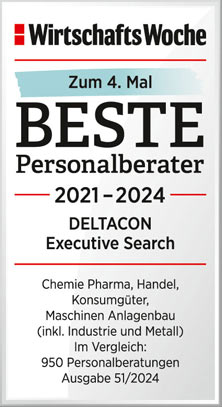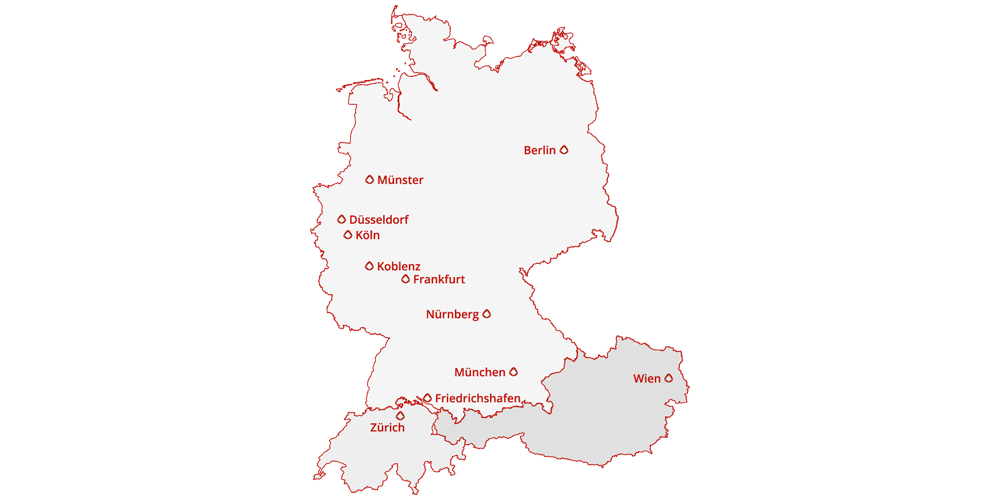Jungle Application Process
Navigating the job market can be a daunting task for many candidates. The process, often filled with hope and anxiety, requires a significant investment of time and effort. Applicants meticulously tailor their resumes, draft compelling motivation letters, and navigate complex application portals, all in pursuit of their next career opportunity. However, the experience that follows the submission of these applications can vary widely, and unfortunately, many candidates find themselves facing a series of disheartening dilemmas. These challenges not only impact the individual’s job-seeking experience but can also significantly affect a company’s reputation and its ability to attract top talent.

The Silent Treatment
One of the most frequently voiced complaints from job seekers is the lack of response after submitting an application. Candidates often describe spending hours, or even days, perfecting their application materials, only to be met with silence. This lack of acknowledgment leaves applicants feeling undervalued and can lead to negative perceptions of the company. When organizations fail to communicate, they miss an opportunity to build a relationship with potential future employees, damaging their employer brand.
Unqualified Feedback
On occasions when companies do respond, the feedback can often be generic and unhelpful. Phrases like, „In case you don’t hear back from us within 2 weeks, you might assume that your application did not meet our requirements,“ are not uncommon. This type of response fails to provide any constructive feedback or insights that the candidate could use to improve future applications. It sends a message that the company does not value the time and effort invested in the application process.
The Keyword Conundrum
Another significant challenge is the reliance on Applicant Tracking Systems (ATS) and the importance of including specific keywords in the CV and motivation letter. While understanding the need for companies to streamline their hiring process, this approach can inadvertently filter out highly qualified candidates who may not use the exact keywords listed in the job posting. This overemphasis on keywords over content and context can prevent a meaningful examination of an applicant’s qualifications and potential.
Additional Dilemmas
Beyond these issues, several other challenges can frustrate job seekers:
The Experience Paradox
Entry-level positions that require years of experience create a catch-22 for recent graduates and those looking to change careers, making it difficult for them to gain the experience needed to qualify for these roles.
Lack of Transparency
Job postings that are vague or overly broad can attract a wide range of applicants, many of whom may not be the right fit. This not only wastes the time of the applicants but also increases the workload for the hiring team.
Communication Gaps
Even after an interview, candidates often report not receiving any feedback or updates on their status. This leaves them in limbo, unsure of whether to continue waiting or to move on with other opportunities.
How Employers Can Improve Their Own Branding And Their Candidate Experience
Improving the candidate experience is not just about avoiding negative outcomes; it’s about creating a positive, engaging process that respects the effort applicants put into their submissions. Here are several strategies companies can adopt:
Personalize Communication
A personalized acknowledgment of received applications can go a long way in making candidates feel valued. Even automated responses can be crafted to sound warm and welcoming, setting a positive tone for the interaction.
Provide Constructive Feedback
Whenever possible, offering personalized feedback can greatly enhance the candidate experience. Even a few sentences about the strengths of the application or areas for improvement can provide valuable insights to the applicant.
Rethink Keyword Dependence
Companies should train their HR teams to review applications holistically, considering the overall experience and potential of the candidate, rather than relying solely on keyword matches. This approach allows for a more nuanced understanding of an applicant’s skills and competencies.
Address The Experience Paradox
Organizations can develop internship or trainee programs aimed at candidates with less experience, providing a pathway to gain the skills needed for more advanced roles. This not only helps resolve the experience paradox but also allows companies to cultivate talent from within.
Enhance Transparency
Clear, detailed job descriptions and transparent communication about the recruitment process can set realistic expectations for applicants. When candidates know what to expect, they are more likely to remain engaged and positive about their experience.
Regular Updates
Keeping candidates informed throughout the process, even if it’s to say that there are no updates yet, can alleviate anxiety and demonstrate that the company respects their time and interest.
In conclusion, the candidate experience is a critical aspect of employer branding that can significantly impact an organization’s ability to attract and retain top talent. By addressing the common dilemmas faced by job seekers and implementing strategies to improve communication, feedback, and the overall application process, companies can build a reputation as desirable employers. This not only benefits candidates but also enhances the quality and diversity of the talent pool from which companies can draw, ultimately contributing to their success and growth.
.
Von Thomas Heeger
Personalberater für Pharmaindustrie, Medizintechnik und Diagnostik
Thomas Heeger ist Gründungspartner von DELTACON und Managing Partner von DELTACON an unserem Standort in der Schweiz in Zürich. Sein Competence-Center umfasst den Life Science Bereich mit den Branchen Pharmaindustrie, Medizintechnik und Diagnostik. Als „Brachen-Insider“ mit mehr als 20 Jahren Management- und Leadership-Erfahrung in führenden Unternehmen kennt er das Business in internationalen Konzernen, deren Filialen, aber auch die Bedürfnisse und Thematik in innovativen Life Science Start-ups.






